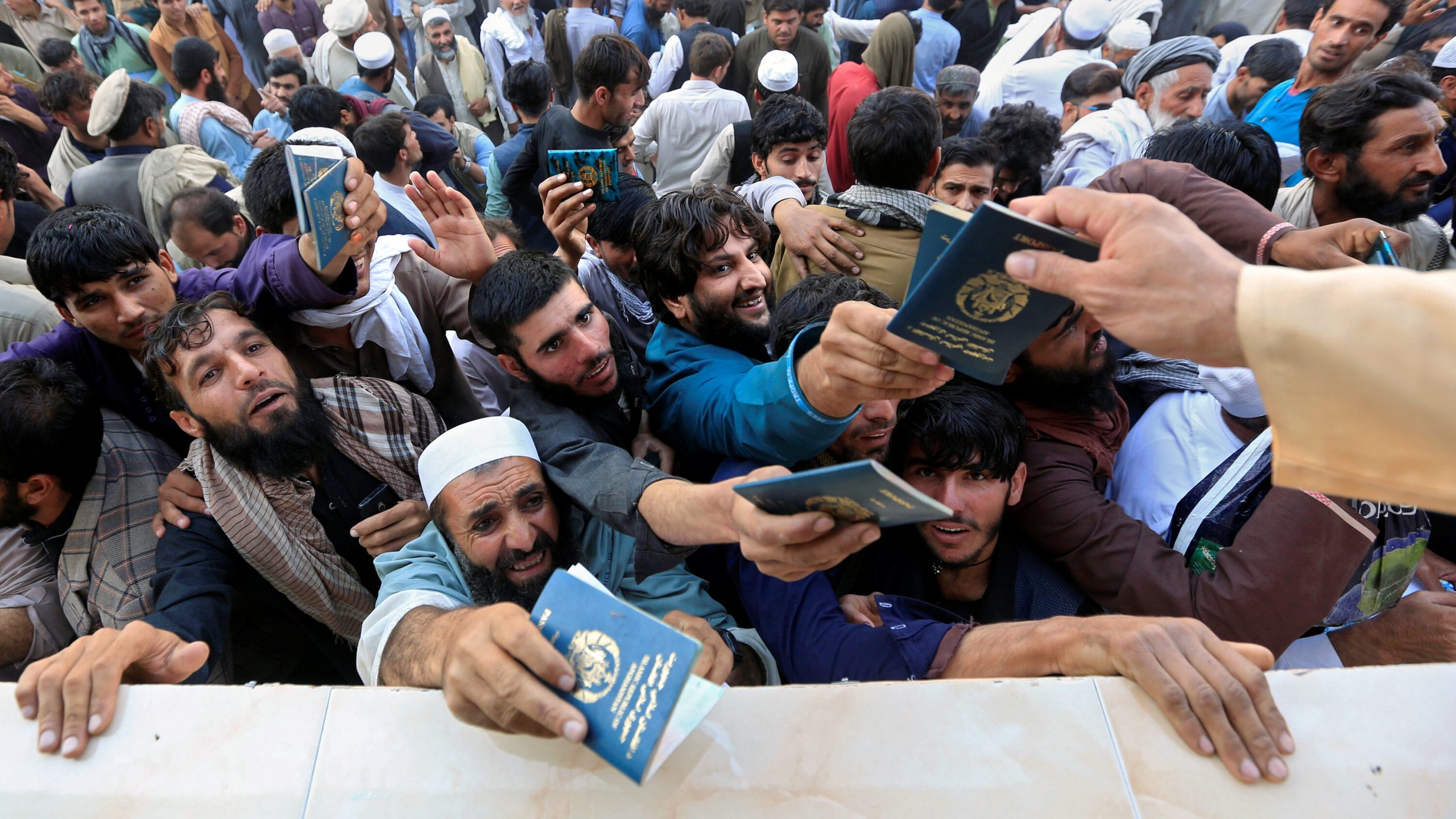By Nabilah Saleh
KUALA LUMPUR, Aug 25 (NNN-Bernama) — Financial assistance by the global community is deemed crucial to helping the people of Afghanistan, especially throughout the crisis happening in the country today.
The International Federation of Red Cross and Red Crescent (IFRC) Head of Delegation for Afghanistan, Necephor Mghendi, said greater international support through channeling sufficient funding is needed to meet the needs of affected Afghans.
“Financial assistance is important because it is a precursor to delivering the rest; aid supplies, equipment, medicines and many more.
“Afghanistan, as it is today which is still exposed to severe drought, disasters, COVID-19 cases, ongoing health crisis including food insecurity and malnutrition due to protracted conflicts, as well as the displacement of people, needs more assistance even more than ever now.
“Looking at this combination (of factors), almost half of Afghanistan’s population is facing massive humanitarian needs. Our ability to deliver assistance truly relies on our ability to get financial resources. So if we have not gotten enough resources, we are not able to deliver any assistance.
“This is just not the challenge for us (IFRC), but also the entire humanitarian community,” Mghendi said in a virtual interview through Google Meet with Bernama, Tuesday.
The IFRC is the world’s largest volunteer-based humanitarian network, comprising 192 member National Red Cross or Red Crescent Societies.
Its Asia Pacific Regional office, which works in support of 38 National Red Cross & Red Crescent Societies including Bulan Sabit Merah Malaysia (Malaysian Red Crescent), is based in Kuala Lumpur. In Afghanistan, IFRC works with the Afghan Red Crescent Society (ARCS) which has a network of branches in all 34 provinces of the country.
Recently, it has appealed for 15 million Swiss francs (US$16.39 million) to support the ARCS to deliver cash grants to buy food supplies, and restore livelihoods and crops for 280,000 people in 13 of the provinces worst affected by drought.
Mghedi elaborated that IFRC, which has been collaborating with the local organisation of ARCS for many years now, is actively helping the Afghans at the moment, including women and children.
“There is an increasing need to help women, children and people with disabilities as they are the most vulnerable groups of people in a crisis or disaster.
“The ARCS, our primary partner in Afghanistan, operates more than 140 medical teams (including on mobile) and we (IFRC) support them to deliver the services and help.
“These teams have reached more than 100,000 people every month and they are continuing to function right now. We support logistics and they’re all working and functioning,” he said, noting ARCS has around 2,000 staff and 30,000 volunteers, and IFRC supports ARCS through a small team of 40 staff mostly made up of Afghans.
When asked what would be the IFRC’s future plan if the current situation is prolonged, Mghendi highlighted that meeting increasing needs with limited financial resources would be a great concern. He also mentioned that the safety and security of his staff and volunteers on the ground is important.
“We will ensure before we send anyone on the ground, we have gotten the guarantees that our support will be delivered without any disruptions. To date, we have guarantees that our staff will not be targeted and harmed.
“In fact, for many years now, even though there are areas which are hard for us to reach, we will engage with the interlocutors in all sites, with all parties, and guarantee the safe access first. Of course, if we were to change our approach, we will take appropriate measures accordingly,” said Mghedi.
According to daily media reports, thousands of people, including women and children, are rushing to Hamid Karzai International Airport in Afghanistan’s capital, hoping to be evacuated in the wake of the Taliban’s takeover of the war-torn country after 20 years.
Although the Taliban had announced a general amnesty, Afghans who worked with the government or foreign organisations fear for their lives and have voiced concern over the group’s retribution.
As part of a peace deal reached in Feb 2020 between the United States and the Taliban, international forces began their withdrawal process from Afghanistan this year.
The US has set Aug 31 as the deadline for troop withdrawal.
— NNN-BERNAMA





